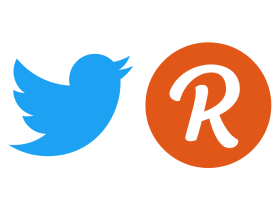Nintendo has been battling to fulfill the needs for the Switch because of the worldwide chip shortage. Be that as it may, this hasn’t prompted the brand wavering on its plans to launch the “upgraded’ version of the device. The organization is apparently hoping to begin the production of the next-gen Nintendo Switch by July 2021.

The report from Bloomberg suggests that the price might be higher than the original switch, which was priced at $299. The announcement of which might be made ahead of the E3 conference starting June 12 to allow publishers to showcase their full range of Switch games at the global event. While it will eventually replace the first-gen Switch, the new console will be sold alongside the affordable Switch Lite.
“An upgraded Switch can be extremely valuable in extending the lifecycle of the platform. Both Sony and Microsoft have had success with mid-cycle upgrades as a means to drive growth from live services and, as this becomes a greater driver for Nintendo, not fragmenting the user base across different platforms would be advantageous,” Bloomberg analyst Matthew Kanterman said.

Talking about specifications, the new device is expected to come with a 7-inch OLED display from Samsung and an Nvidia GPU with support for 4K output when connected to a TV. While the Switch right now upholds 1080p output while docked (or 720p in handheld mode), 4K video would be another outskirt for Nintendo. Investigating Breath of the Wild’s Hyrule or flying around Bowser’s palace in Mario Kart will be more vivid encounters than any other time in fresh 4K.
The premium components combined with the chip shortage are likely to make the console’s price go above $299. Note that no information on the final retail price is currently available.
While the Nintendo Switch sounds truly noteworthy, it can’t show up soon enough – with both Microsoft and Sony dispatching their own, massively popular next-gen consoles in 2020, Nintendo should hold nothing back to remain in the game. All things considered, the current Switch is giving no indications of easing back down, popularity-wise.



